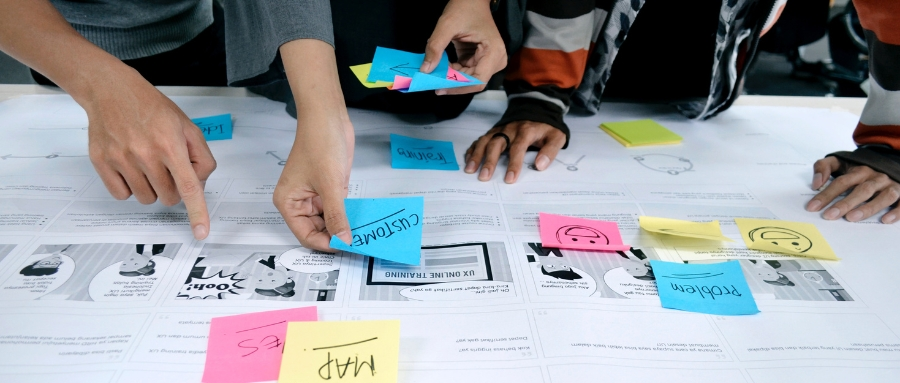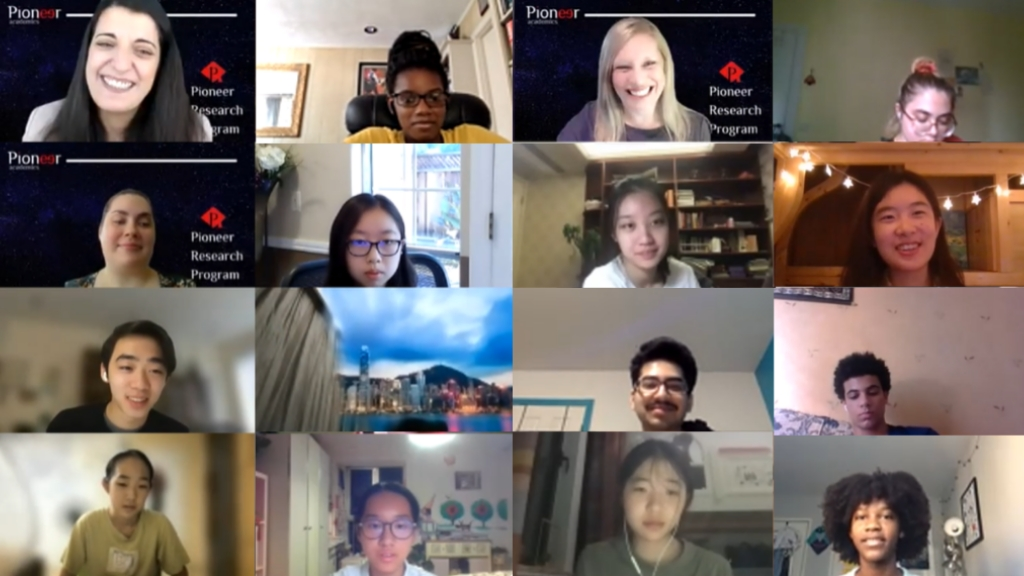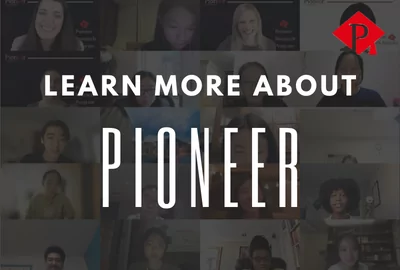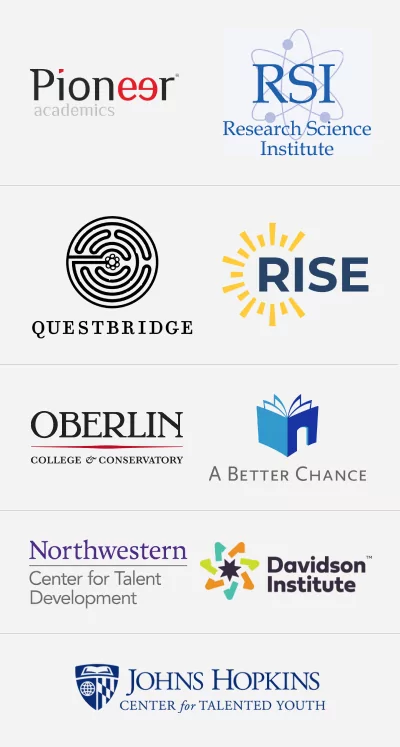Conducting research projects in high school can be daunting. Fortunately, you can certainly dive into your passion and curiosity with the right guidance and resources.
If you are wondering how to go about research projects for high school, we have you covered. This article will show you how to conduct research projects and identify a great research topic.
Borrowing from the famous saying, “pics, or it didn’t happen,” we will show you how to showcase your research paper to reflect your skills, self-discipline, and intellectual curiosity.
How Can I Pursue an Independent Research Project?
Studies show that working independently in the right way on an impressive personal project is deemed a great way to impress colleges, and many believe it is especially the case if you are in STEM. But it should not be the main reason you conduct independent research.
Why?
This is because if students pursue what is deemed as effective to impress colleges, it will become a “formula”. Once it becomes a formula, it won’t be distinguishable anymore. Only when students are following their true interests, it will truly impress colleges for admissions.
Do you love reading, questioning, and finding your own discoveries? Independent research projects not only allow you to pursue your passion but also to sharpen your commitment, critical thinking, self-discipline, and initiative. In turn, this helps you stand out from other students in your college applications while also broadening your education and knowledge.
Let us get into ways in which you can pursue independent research while in high school.
Through your high school
One of the common ways to pursue research is by utilizing the resources and teachers in your high school. This is because the resources are readily available, and your teachers may be willing to advise your project and provide helpful feedback.
While you may conduct research independently from your high school, it may be important to connect your research to your school.
For example, if your research project focuses on science, technology, engineering, and math, you can find out if it fits a science fair or a related competition that your school participates in. Additionally, if your school provides credit for independent studies, it would be ideal for a teacher in that particular discipline to be your adviser.
Working with a college professor
Another way to pursue an independent research project is by reaching out to a local college professor and requesting that they be your mentor. This is important because those mentors have the highest level of expertise, knowledge, mentoring skills, and ethics. If you can get such guidance and advice on your research paper, it will be the ideal resource.
When looking for a college professor to help you with your research, ensure that they are willing and able to be your mentor and have expertise in the subject area you are pursuing.
Besides a college professor, you can also contact previous judges and instructors in science fairs and summer programs or scientists and professionals from a local company related to your research project for guidance.
When looking for a mentor outside your high school environment:
- Develop a list of future education and career interests
- Brainstorm potential research topics relating to your passion or interest
- Look up ongoing research studies by professors or doctoral degree-seeking students with a local college or university
- Ask family members if they know any researchers who they could connect you with
- Incorporate your activities resume to help the mentor get to know you better
Joining a reputable mentorship program
Although working with a teacher from your school or a local professor is ideal for a successful solo endeavor (aka a great research project and paper), most students often prefer a more structured research program.
Students need to carefully examine the research opportunities available to them. There are many newly emerged opportunities that are not established yet. Students may just end up with a college application and the impression that they followed the research as a college application formula to impress the colleges.
Picking the right mentorship program is key. Find out about the program’s qualifications, selectivity, history, and industry recognition, and then make your decision.
For this reason, students can juggle courses, standardized tests, and extracurricular activities in their school while pursuing their research interests and advancing their education.
How Do I Find a Good Research Topic?
Developing a good topic for your research project is very important. Why?
- It gives you a guideline that helps you write the research paper
- It determines the overall structure of your research paper
Ideally, a good research topic will form the basis of your project and help you stay on track with the structure and research process. For this reason, it is the most important part of your project.
So, how do you form a great research topic?
Choose a topic that interests you
High school students conducting a research project can tap into their passions by choosing a research paper topic they are interested in.
This is important because you will be reading and writing for hours. So, you should consider picking a subject you feel enthusiastic about.
Ask a difficult question
A good research topic seeks an answer to a difficult question using data, academic sources, and critical thinking.
Whether it is scientific research or a project based on another discipline, you should not shy away from questions you have no answers to in the beginning. This will help spark curiosity and discovery as you get deeper into your research project.
Be specific
Once you have identified a subject of interest, it is important to narrow down your research topic as much as possible. This is essential because it helps you focus on a specific question and goal.
For example, instead of having a broad research topic like “the effects of social media,” you can narrow it down to “the effects of social media on the mental health of young adults.”
Other tips for finding great research ideas for your project include:
- Narrow the topic down to something with academic relevance
- Opt for something you would like to pursue academically or professionally
- Ask yourself, what is the impact of my research paper on myself and my community?
What Makes an Ideal Research Paper?
Think of a research paper for high school students as a college essay that is lengthier, requires much more research, and has to comply with research standards. Although they require more work, research papers allow you to discover more about a topic and demonstrate your research ability. Additionally, students can display their ability to formulate a convincing argument.
When writing your research paper, you want to use a style related to the specific academic field. In addition, it is advisable to write in a way that shows your findings as clearly as possible, especially to an outside reader who may not be an expert in that field. For this reason, an ideal high school research paper will have the following elements:
Title – This area covers your research project title, name, and institution. However, check with your adviser as you may be required to include additional information on the cover page.
Introduction – An introduction summarizes your goals for the project. Besides the thesis statement, you can include the problems and solutions you anticipate encountering.
Literature Review – This shows the theories and sources on which your project is based. You should ensure that your sources are academically credible. Proper formatting of citations is also important.
Research Methodology – This section shows the research methods you have used in your paper. The methods must be explicitly pointed out, whether a statistical evaluation or a scientific method.
Data Analysis – This is one of the most important parts of your research. You are required to analyze the data obtained through your research, introduce new information, and present your findings objectively.
Results – The results section allows you to analyze data gathered using the research methods stated earlier. Here, you will also be required to show the implications suggested and any shortcomings encountered.
Conclusion – A good conclusion merges the thesis statement, research methodology, and data analysis to show the goal and purpose of your research along with key findings.
Reference Page – Here is where you refer to the academic sources, journals, and other publications consulted throughout your project. Again, you should consult your adviser on the citation format to use, such as the Chicago Manual of Style (CMOS), the Modern Language Association (MLA), and the American Psychological Association (APA).
How Do I Showcase My Research?
Having finished your independent research project, the next thing to consider is having your work published. Although this should NOT be your reason to pursue research opportunities for high school students, publishing your successful endeavor can be a way for you to share your great work and research skills.
So, how do you go about this?
One of the ways students can showcase their research work is by submitting to high school and college-level publications. Some examples are Columbia Junior Science Journal and the Concord Review, among others.
Peer-reviewed publications, like the Journal of Emerging Investigators, are also a perfect way to showcase your work. You can also participate in competitions like science fairs or attend research conferences.
However, for high school students starting out, focusing too much on the pressure of publication can lead to stagnation and a stressful, less fulfilling experience. It is important to focus your energy on the knowledge gained and the lessons learned through the research experience, not just whether your work is published.
Learn More About Independent Research With Pioneer Academics
Conducting an independent research program can be challenging, especially considering school courses, exams, and extracurricular activities. For this reason, many students value the holistic academic structures and resources from the Pioneer Research Program as it helps aspiring researchers stay organized and focused on their research studies.
The Pioneer Research Program is the only fully-accredited virtual research institute for high school students. As a result, the online research program has the highest standards of selectivity and academic rigor. Additionally, the program has a 10-year track record of its students continuing on to the most selective colleges.
Pioneer’s rigorous academic system involves students working one-on-one with university professors in advanced study and research of a topic of their interest, culminating in a full-length, undergraduate-level research paper. The program is conducted entirely online, allowing more than 5,000 high school students from 77 countries worldwide to participate since 2012.
To learn more and get started, sign up for a Pioneer info session today.






 Doing research is commonplace.
Doing research is commonplace.


